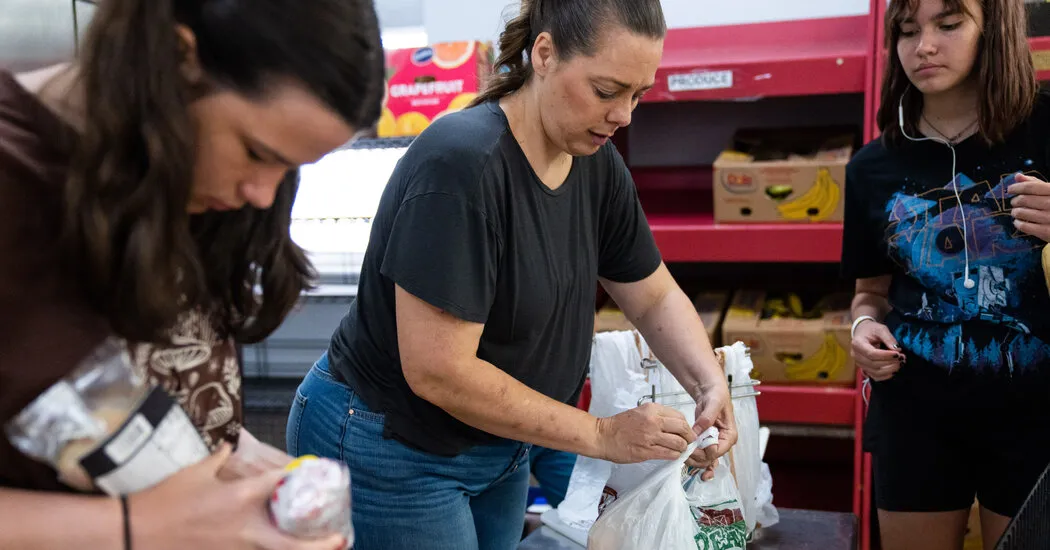Income Inequity and Poverty: Inflation's Toll on Children in the US Economy

The US economy faced significant challenges in 2023 as income inequality led to a rise in poverty levels, especially among children. According to a new report from the Census Bureau, the effects of inflation have exacerbated issues such as food insecurity and hunger, despite the end of pandemic aid programs. Many families found it difficult to cope with rising prices, while tax credits, tax deductions, and tax exemptions provided by the government failed to sufficiently mitigate these struggles.
The Impact of Inflation
Inflation has had a profound impact on household finances, making essential items less affordable. This increase in prices has particularly affected low-income families and children, whose daily needs may not be met, resulting in increased food insecurity.
Challenges Faced by Families
- Decline in federal aid
- Reduction in tax credits
- Rising costs of living
The Role of Federal Aid Programs
Federal aid programs that once alleviated hardships are now diminished, leading to more hunger and difficulties for families. The Census Bureau stresses the importance of sustaining such aid to combat growing poverty levels among vulnerable populations.
Future Projections
- Increased advocacy for tax reforms
- Focus on sustainable federal aid
- Enhanced support for child welfare programs
This article was prepared using information from open sources in accordance with the principles of Ethical Policy. The editorial team is not responsible for absolute accuracy, as it relies on data from the sources referenced.